Romanticism: the search for spiritual sustenance
I strongly recommend the Norton intro., and this lecture is going to cover a lot of the same topics.
"The search for spiritual sustenance" is my way of tying things together.
The need for spiritual sustenance:
- The rationalism of the previous century made people lonely and lost.
--Lost in space. (Newton's gravity holds the world together, not the singing of angels; Addison's essay on the scale of being is inspiring if looked at one way, chilling if looked at another). 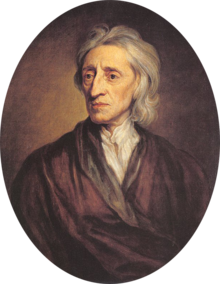
--Lost in themselves. The leading philosopher of the previous age was John Locke (1632-1704). He wrote Essay Concerning Human Understanding (1690), and later, The Reasonableness of Christianity (1695).
- The Church of England was corrupt, filled with careerists who were clinging to gentility. Example: Col. Brandon gives the living of Delaford parish to Edward Ferrars, even though--according to John Dashwood--he could have easily sold it for at least three times its annual income. And so the C of E rarely warmed anyone's heart, as the heart of John Wesely (1703-1791 was warmed on "24 May 1738, at a Moravian meeting in Aldersgate Street, London, in which he heard a reading of Martin Luther's preface to the Epistle to the Romans, and penned the now famous lines 'I felt my heart strangely warmed'." "Wesley's teachings, known as Wesleyanism, provided the seeds for both the modern Methodist movement, the Holiness movement, Pentecostalism, the Charismatic Movement, and Neo-charismatic churches, which encompass numerous denominations across the world.." (Wikipedia)
Wesely preached in the fields to farmers and laborers.
- The example of The French Revolution (1789-1799)
- Industrialism
--Living conditions quickly became horrible.
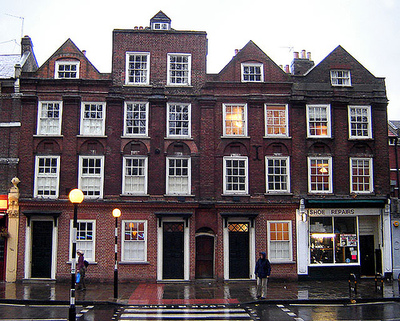

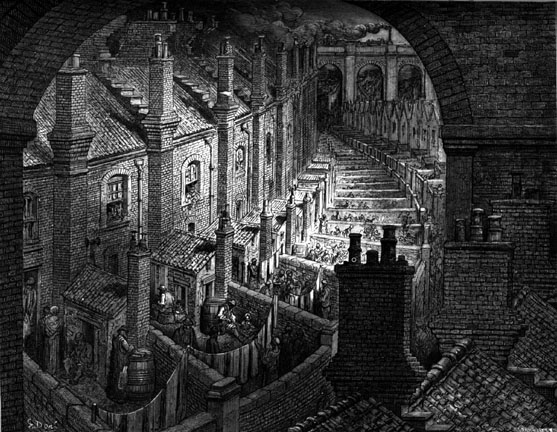
--working conditions weren't any better:

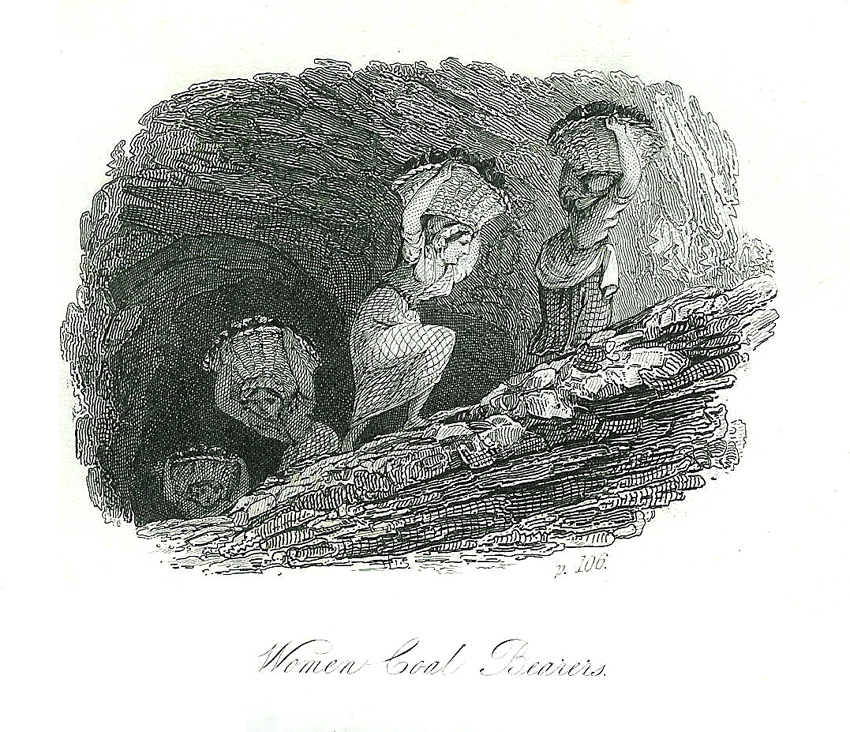
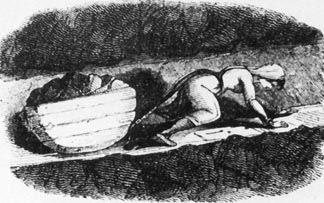
According to Marx, this resulted in alienation of labor
Marx's ideas were largely confirmed by Peterloo
The Literary Response to the Need for spiritual sustenance:
- --Romanticism, the term: In other words, stories of the long ago, and far away, out of the realm of the grim and dirty everyday.
- --Introspective, personal poetry: --No more "Essay on Man," or "Vanity of Human Wishes." The universal truths of human heart, as expressed in personal meditation, can give comfort to anyone at any time. --Robert Burns almost certainly plowed up the nest of a mouse. William Wordsworth did visit Tintern Abbey. Coleridge did lounge and meditate in front of his cottage. Shelley visited Mt. Blanc. And John Keats looked into the face of death as he was writing his best poetry.
- --And to go with that introspective, personal poetry, a new (or revived) sound. No more of drumming, epigrammatic heroic couplet, as in, "True wit is nature to advantage dressed, / What oft was thought but ne'er so well expressed." Instead, we are given Lyrical Ballads, in the preface to which Wordsworth writes: "There will also be found in these volumes little of what is usually called poetic diction; I have taken as much pains to avoid it as others ordinarily take to produce it; this I have done for the reason already alledged, to bring my language near to the language of men . . . ."
- --The widening of the circle of sympathy, to animals, to children, to slaves (a trend that had already begun in the 18th century, see Behn's Oronooko), to poor people.
- --Imaginative excursions into the strange and uncanny, as in Gothic novels, Coleridge's The Rime of the Ancient Mariner, Keats' "La Belle Dame Sans Merci."






